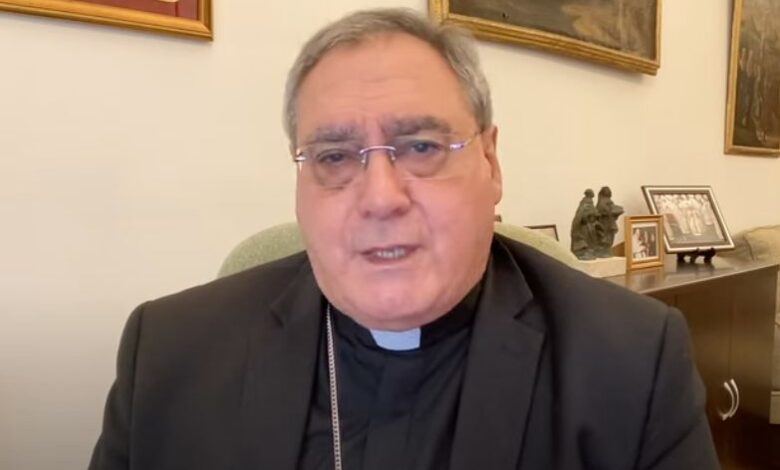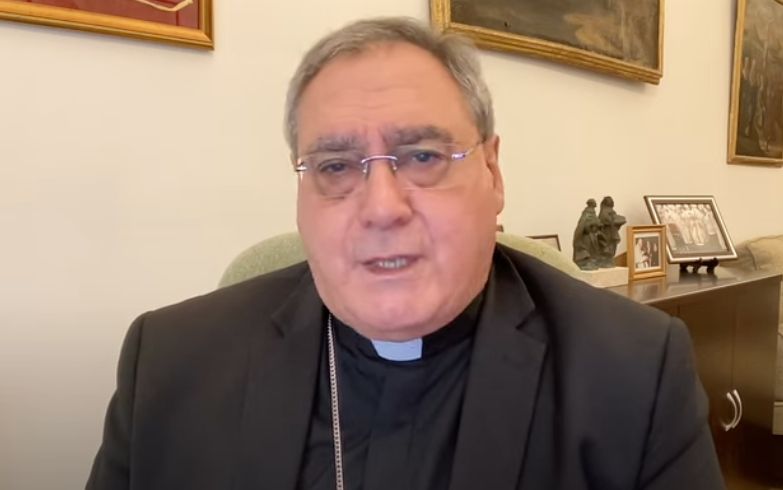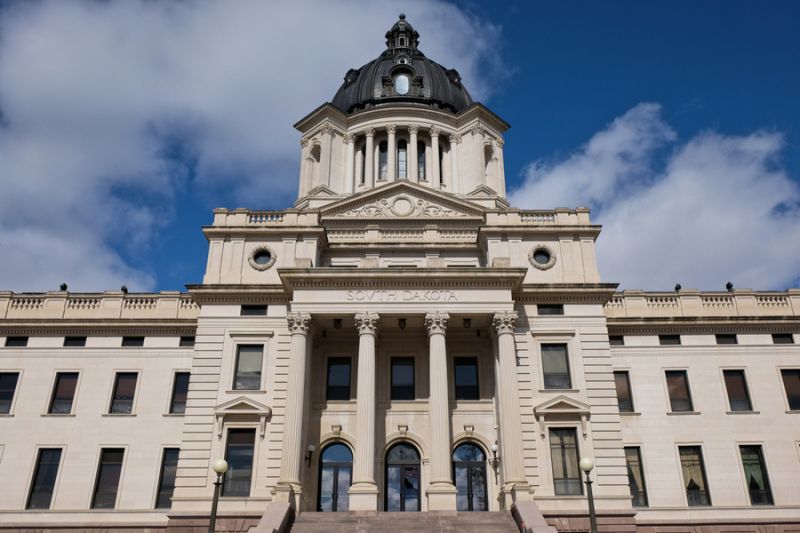Spanish archbishop: ‘I am not going to bless even one homosexual union’

 Archbishop José María Gil Tamayo presides over the Archdiocese of Granada, Spain. / Credit: Archdiocese of Granada
Archbishop José María Gil Tamayo presides over the Archdiocese of Granada, Spain. / Credit: Archdiocese of Granada ACI Prensa Staff, Jan 26, 2024 / 05:30 am (CNA).
“I am not going to bless even one homosexual union,” said the archbishop of Granada, Spain, José María Gil Tamayo, when asked about the application of the declaration Fiducia Supplicans on the pastoral meaning of blessings, published in December by the Dicastery for the Doctrine of the Faith (DDF).
In a meeting with journalists held on the feast day of St. Francis de Sales, the patron saint of journalists, Jan. 24, Gil stated that his intention is to “bless the person” without having to do “a ceremony,” according to Europe Press.
The prelate read a statement expressing the position of the archdiocese regarding Fiducia Supplicans and said that, “in communion with Pope Francis, he will proceed with respect to nonliturgical pastoral blessings with a pastoral meaning, faithfully observing what the Holy See indicated in the Fiducia Supplicans declaration and in the subsequent explanatory note.”
This manner of proceeding will be carried out “with painstaking respect for the unalterable doctrine of the Church on true marriage and irregular unions, avoiding all confusion and seeking the good of the faithful,” the statement concludes.
According to the Europa Press report, during the conversation with the media Gil added that he is not going to participate in campaigns framed in terms of being “for or against” the pontiff.
The Spanish bishops on Fiducia Supplicans
Several Spanish bishops have spoken out since the publication of the Vatican document on the pastoral meaning of blessings. The first to do so was the bishop of Orihuela-Alicante, José Ignacio Munilla, who summed up the document as not containing heresies but whose application, he predicted, will be “chaotic.”
Munilla subsequently determined that in his diocese any request for a blessing by homosexual or other couples in an irregular situation should be in consultation with the vicar general, “until a correct praxis is consolidated, or, where appropriate, until a possible publication of diocesan guidelines.”
The bishop of Almería, Antonio Gómez Cantero, defended the declaration as “very precise” and encouraged “reading the entire document” before issuing opinions on the matter. Furthermore, he explained that he has already blessed homosexual couples in the past.
The archbishop of Oviedo, Jesús Sanz, has spoken on several occasions about the document. Most recently on social media he called Fiducia Supplicans “demagogy that twists the Christian tradition and the magisterium of the Church.”
What is the Fiducia Supplicans declaration?
The Fiducia Supplicans declaration on the pastoral meaning of blessings is a document published by the DDF on Dec. 18, 2023, and signed by Pope Francis; the DDF prefect, Cardinal Víctor Manuel Fernández; and the secretary of the doctrinal section, Father Armando Matteo.
Its contents drew various reactions from numerous bishops and episcopal conferences, sometimes eliciting a cautious reception and other times pointed criticism, such that the DDF published a note on Jan. 4 in order to “help clarify the reception of Fiducia Supplicans.”
The note emphasizes that the declaration is neither “heretical” nor “blasphemous” and that bishops cannot prohibit pastoral blessings. It also recognizes the particular situation of some countries, particularly in Africa, and offers guidelines for distinguishing between liturgical and pastoral blessings.
On Jan. 11, the Symposium of Episcopal Conferences of Africa and Madagascar (SECAM) published a document, with the endorsement of Pope Francis and Fernández, which concludes that it would be imprudent to apply Fiducia Supplicans in these countries.
Two days later, Pope Francis responded during a meeting with the priests of the Diocese of Rome “to questions about the blessing of same-sex couples, stating that it does not change the doctrine on the sacrament of marriage between a man and a woman. Persons are blessed, not sin.”
On Jan. 15, during a television interview, Pope Francis urged critics to raise their doubts: “When decisions are not accepted, it’s because they are not understood. When you don’t like it, go talk, ask your questions and have a fraternal discussion,” he said.
This story was first published by ACI Prensa, CNA’s Spanish-language news partner. It has been translated and adapted by CNA.






